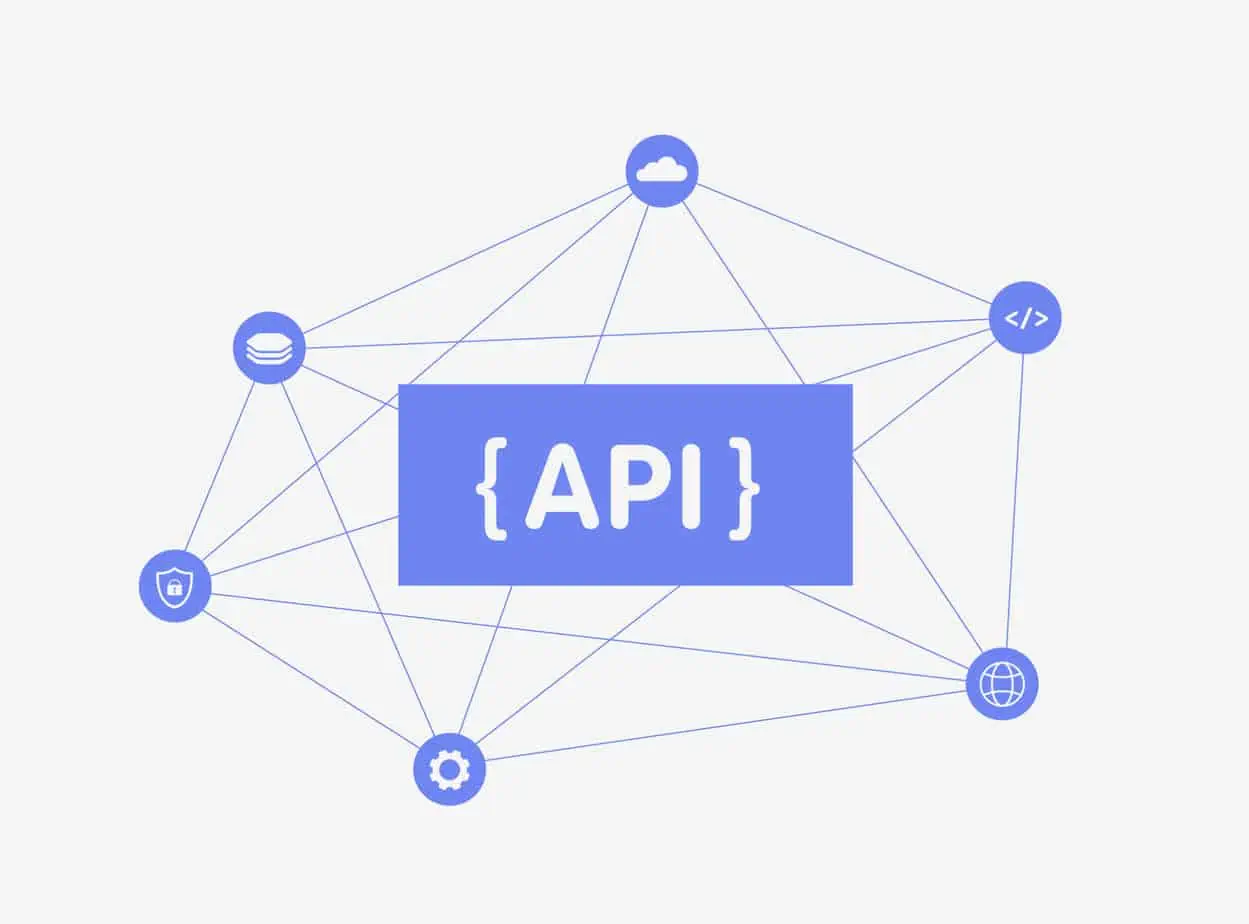Over the past few years, “API” has become an increasingly common acronym. In a technical sense, APIs are a collection of protocols for creating application software. APIs are the foundation of many things that keep people linked together online. APIs connect otherwise disjointed systems to start unified platforms, from apps on your phones to complex flight control systems.
They build gateways to communicate with external systems and provide apps with access to data. APIs allow e-commerce companies to leverage their platform to understand their customers better and offer more purchase opportunities. The API economy is critical for many organizations, particularly those attempting to dominate e-commerce in cutthroat markets.
What Is An API?

Application Programming Interface, or API, is a communication channel between several services. System APIs, remote APIs, and web APIs are a few of the APIs utilized while developing hardware and software. An API facilitates communication between systems. Data is joined together through a well-defined API, making it simple for authorized software or robots to access data.
Despite the underlying data structures and technology platforms apps use, APIs provide unprecedented data sharing and communication. APIs are of utmost significance to businesses, aiding their invention, growth, and adaptability. These advantages have led to the development of the API economy, which may be characterized by how APIs increase a company’s profitability.
APIs enable organizations to easily:
- Connect and integrate individuals, locations, systems, data, and algorithms
- Allow for transactions
- Utilize external algorithms
- Create fresh user encounters
- Identify and verify individuals and items
- Create novel goods, services, and business structures.
According to some firms, the API economy is an excellent method to develop new features, services, capabilities, and experiences to satisfy customers and increase sales. As a result, APIs play a significant role in many firms’ business models. The API economy will keep growing as new technologies like smartphones, the Internet of Things (IoT), and augmented reality (AR) accelerate their development.
Why Do E-Commerce Sites Use APIs?
For websites that effectively utilize them, API development presents fresh opportunities and, in some cases, brand-new revenue streams. With their assistance, customers can locate what they’re looking for, and they might also be offered complimentary things that they might not have otherwise considered. The most prosperous e-commerce sites make full use of service APIs and profit from them.
Why, then, should your e-commerce site use APIs?
- Increase the pace of your business.
Customers today are accustomed to receiving information quickly. They don’t want to go to a physical store or call a customer service representative to find out if you have the shoes they desire in their size. If people can browse merchandise and make direct purchases from their phones, they are more inclined to choose a platform. Consequently, automating this procedure improves the client experience and frees workers from extra responsibilities.
- Scale swiftly in response to changes.
The e-commerce industry is growing swiftly. Consequently, your company must be ready to adapt to shifting demands often. Additionally, many companies lack the programs to respond to a spike in customer interest adequately. For instance, you might not have the time to develop, test, and deploy a code update if one of your products becomes a social media sensation, which could cause you to lose out on a great sales opportunity. However, an API enables your site to scale up as needed. When traffic spikes typically cause websites to go offline, internal APIs connected to cloud computing companies keep them online. APIs may increase sales for your company.
- Keep data secure.
Most companies have robust API security measures to protect data in transit or at rest. Powerful APIs are responsible for protecting data, particularly customer and payment data, against breaches. E-commerce websites aren’t technically connected to external servers. Because the API receives data from your site and links to the server, the dangers of backend server vulnerabilities are reduced.
APIs Used By Ecommerce Websites

From presenting vital product information to handling delivery to communicating with customers, public APIs are used by e-commerce companies at nearly every client touchpoint. These are extensively used APIs in the API market to enhance the customer experience and streamline functions. API technology has come a long way and is constantly developing.
- APIs for quick site navigation
It’s challenging to create a search feature from scratch. However, an open API can help simplify the process when sites grow more prominent and sophisticated. Sales are increased by utilizing a search API that efficiently crawls all product data and returns outcomes that correctly reflect search intent. Many open APIs are accessible using open-source architecture.
- Product information to display features
These APIs give programmers full access to the product information and catalog, which could include descriptions, prices, and photographs. Users also get direct access to databases and can immediately obtain the most up-to-date information.
- Payment APIs that facilitate checkout
Reducing friction in the payment process is essential to preventing items from being abandoned in shopping carts. Using a comprehensive payments API that accepts various electronic payment methods simplifies the last step in the user journey.
- Shipping APIs with precise delivery dates
Accurate shipping charges are provided through high-quality shipping APIs, giving the company credibility with the consumer. They receive unambiguous notifications when their order is accepted and processed, and they have an anticipated arrival date or even the location of the cargo via a Google Maps API. A robust shipping API instills confidence in your company and promotes repeat business.
- APIs for currency conversion to attract multinational customers
International customers are more likely to buy if you make it simple to know how much something costs in their currency. Giving customers correct pricing information for their market increases the likelihood that they will purchase because there are more nations than those that do not use the USD as their official currency.
Bottom Line
Your e-commerce site may benefit significantly from APIs, increasing consumer satisfaction and revenue. Given how the world is evolving and becoming increasingly digital, you’ll need to implement high-quality APIs to compete in your sector. Customers no longer desire to visit physical businesses or speak with salespeople before making purchases; therefore, you must automate these procedures, and APIs can help you do this successfully. To increase the percentage of recurring clients, use APIs at practically every point of contact with the customer.

